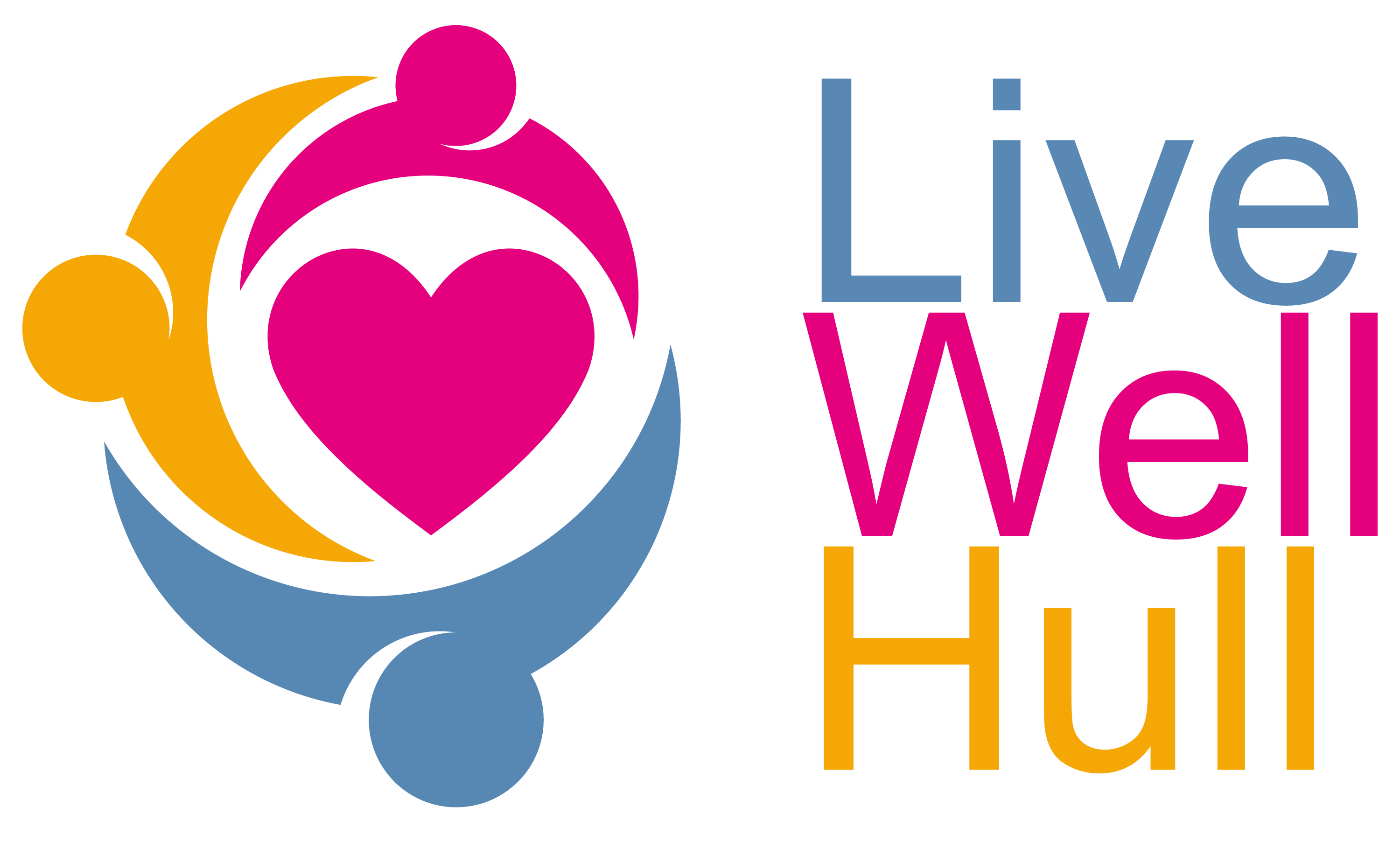The different types and examples of carer breaks

Use of equipment
My partner has severe anxiety and memory loss and finds it difficult to walk. She quickly gets worried when I’m not there for any length of time, panicking that I’ve left and something will happen. Recently, I used a direct payment for myself as a Carer to buy some call monitor units. I’ve put these in the room my partner sits in, and at points in the house where I can’t easily hear her call. When she gets worried now if I’m in the bathroom, for example, I can use the monitor to reassure her and update her. It means I can step away when needed and that she doesn’t need to be constantly settled when I return. It’s made being in the house and getting jobs done possible, which is a relief.
Having a short break from Caring
My family are Bangladeshi and we support our son who has a learning disability and physical needs which mean that he has limited mobility. As a family we have always provided around the clock care for him with some support from outside agencies as he often needs care from two people. Due to his needs, we have often missed key family celebrations and don’t get the time we would like to have a break away from the home and caring for him 24/7. A family wedding came up and this was an opportunity for us to do something focussing on ourselves and our family.
We were supported to look for some assistance from an agency to support him in our absence. The council supported us to look for support which met our cultural needs, we were apprehensive about utilising support other than family but felt the agency fully understood and supported us through my anxieties and we were able to have a weekend away. The connection with family and the rest from caring, alongside a few full night’s sleep, gave us the energy to reset, which made all the difference.
Volunteer opportunity
I care for my husband who has a degenerative condition. Having made the decision to give up work to care for him, I recognised that my world was shrinking. I realised that I needed to find a way to have some breaks, to enable me to do just a few ‘normal’ things – go out for a coffee, take the dog on a long walk, have a bit of quality time for myself. My husband also expressed a need for some input from the outside world.
Initially, the support from the local Carers Break Service opened up on-line activities that both myself and my husband could take part in. We both really enjoy our regular involvement with the virtual walks – we now feel connected to others and really feel a part of something. The organisation has also arranged for a volunteer who will spend time at home with my husband every fortnight. This has made a huge difference and means I can now plan when I’m going out, with the reassurance of knowing my husband is in great, supportive company.
With the support of the local service, I definitely feel less alone, much more connected to the outside world and with a bit of vital ‘me time’. It has also importantly improved our relationship, as we now have other things to talk about, that are not health related.
It has brought a fresh energy into the house. I don’t worry or feel guilty because I know he feels safe and secure without me being there.
Young Carer
Joe is 12 and cares for his mum. He worries about leaving her and doesn’t feel connected to other young people his own age. He was referred to the local carers centre as a young carer and had a young carers assessment. Joe was invited to join the local Young Carers Service, and a worker met with him in school. After building up a relationship, Joe and his worker explored his worries about leaving his mum and he was encouraged to attend young carer groups and activities. Joe also expressed that he had no way of connecting with people from home, with no devices to join any online games. The service managed to find some funding for a games console so that Joe could connect to friends at times which suited him and when he felt unable to leave his mum. Joe is now a regular attendee at young carers groups, he has made lots of friends who understand what being a young carer means. He is able to have a few hours away from home regularly to let go of his worries and have some fun. He also plays online with other young carers as well as a few people from school which gives him a connection to others
Impact on Joe
Connecting with other young people has improved his emotional and social wellbeing. Opportunities at Young Carer groups include activities such as sport which improve his physical and emotional health.
Impact on mum
Mum feels happy that Joe has an outlet and someone outside the family to talk to. She worries less about needing his care and support. The family are less fearful about accepting support from services.
